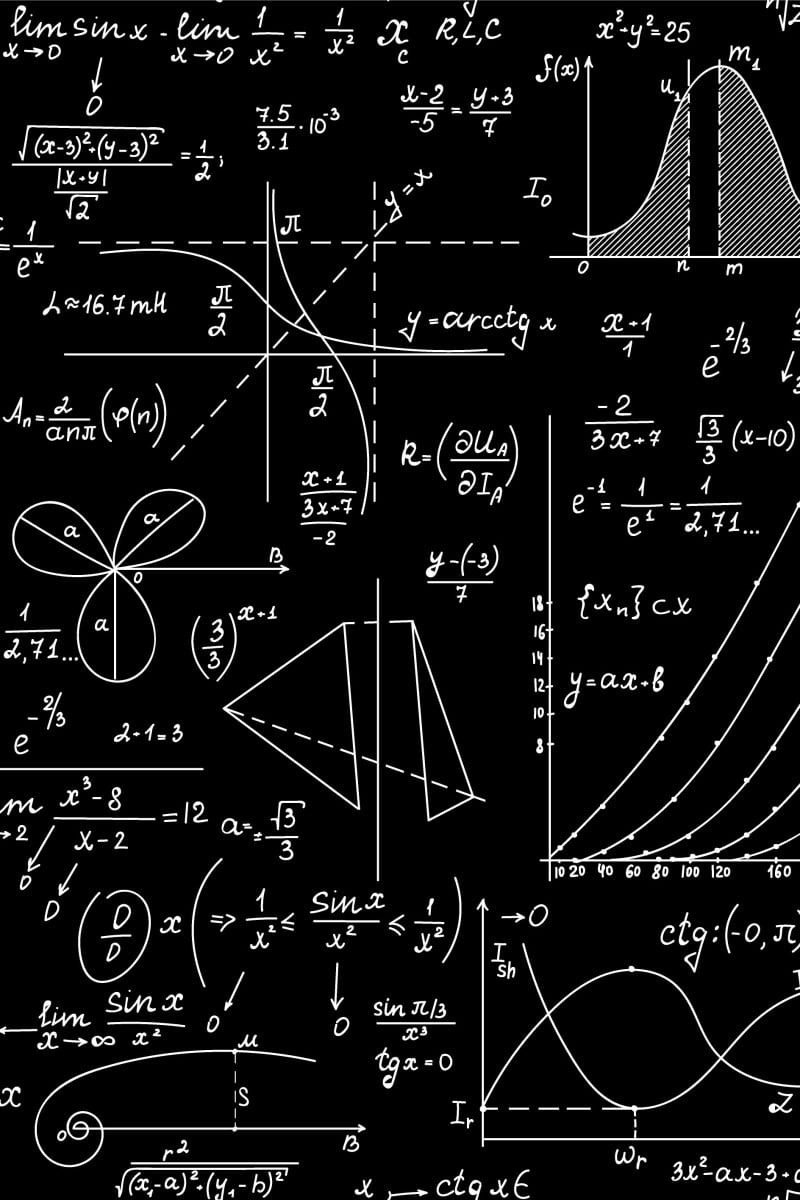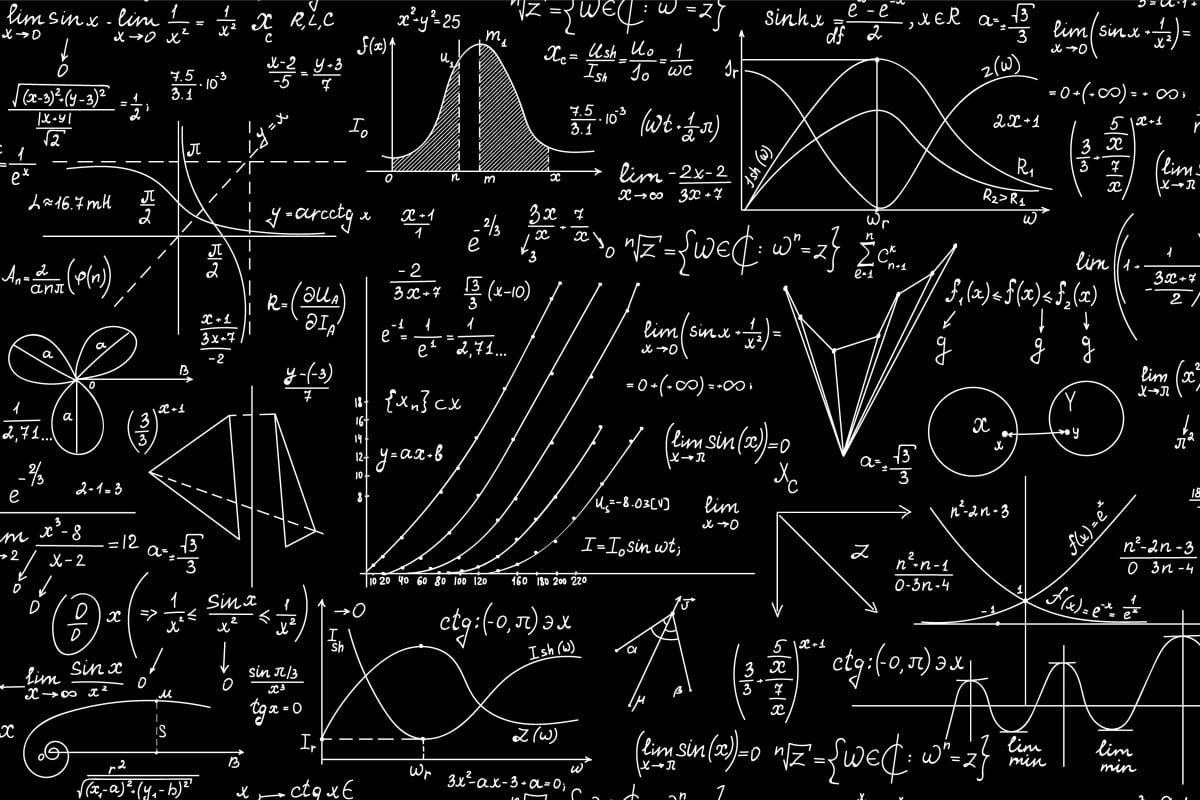
The best tips for tackling the Maths HKDSE, from a top tutor
- Hong Kong maths genius Herman Yeung gives advice on studying, time management and the tools you absolutely need for the exam
- Remember the basics and pay attention to the points allotted, he says
 Nervous for the DSE Maths exam? These tips from a top tutor will help you out.
Nervous for the DSE Maths exam? These tips from a top tutor will help you out.May 3 is D-Day for DSE students who will be writing the mathematics paper. The 3.5-hour exam can be tricky, which is why we spoke to online tutor Herman Yeung for some tips on how to deal with it.
Bookmark this page! Your DSE timetable
First, take care of your calculators
That’s right, Yeung suggests you have two, fully charged calculators. They should both have programs installed on them, but don’t overload them with too many. You can install as many programs as you like but you only really need three:
Quadratic Program (to calculate the coordinate of the vertex and discriminant)
Simultaneous equation
Cubic equation
You should remember to use them while revising. Don’t just install them a few days ahead of the exams; make sure you know them well.
Instagram accounts to help you study for the DSE
Breaking down the sections
As you will know, there are three sections to the paper: A(1), A(2) and B, with the first two sections easier than the last.
While all three sections account for the same percentage of points, Yeung notes, students who aim to achieve an average grade should allocate 90 per cent of their exam time to completing and revising A1 and A2. That way they are more likely to secure enough points for a promising grade.
Make sure to give yourself enough time to complete the different sections of the exam.
The point system and time management
Students should pay attention to how many points are allocated to each question, and identify the key question phrases carefully, such as “factorise” and “solve”.
Don’t get too carried away by the phrase “explain”, Yeung cautions. The length of the answer depends on how many points the question is worth. If it is only three points at most, it only needs a two- or three-line answer. “Go for the questions with the higher marks first, as long as you don’t find them too difficult,” Yeung says.
More tips for tackling the Maths DSE
Let it go, let it go
Students who are pushed for time should do the easiest and quickest questions first. If any of the Paper B questions are taking too long, i.e. around three minutes, let them go.
“Letting go of one difficult question allows you to finish 3-4 questions that are easier to do,” he says.
Sneaky tip
You’re in a time crunch, staring down the 45 Multiple Choice Questions on Paper B. You only have an hour and 15 minutes to tackle it, which means each question needs to be solved within 1.87 minutes.
As always, go for the easy ones first. Then bear this in mind. “Each year”, Yeung says, “the 45 MCQs have at least 11 answers from each of the four options, A, B, C or D. So, if students find they have more A and B answers when they hit the halfway mark, there is a higher chance of possible C or D answers for the rest.”
How to study for the DSE, from former top scorers
How to revise for the best score
It’s not wise to spend your time just revising for Paper B, and overlook the A sections even though they are easy. As you plan your study periods, set aside at least 40 per cent of your time to practise A1 and A2. Get very familiar with the question types, and train for speed. That’s how you squeeze maximum points out of the A section and have a good amount of time for Paper B.
Don’t avoid the long questions. “Take the topic of geometric sequence as an example. If you know just the basic formulas, you can actually score a lot of points in MCQs, short questions and the first few parts of long questions,” he says.
“If students give up on geometric sequence because they find long questions difficult, this is not cost effective.”
Don't skip studying for Part A just because you think it will be easy - make sure to brush up on the fundamentals, too.
Yeung warns that it is not wise to revise only part of the curriculum.
“If you try to learn the basics of each topic, that will already help you get more than 70 per cent of the marks,” he says, adding that students who tend to skip certain topics always end up losing more points.
Give yourself four hours, either after breakfast or lunch, to revise for your maths paper, Leung says.
After a week of doing it every day, you will see a marked improvement. Speed and being familiar with the questions should be your goals.
Check out Herman Yeung’s online tutorials and free notes on YouTube so that you can study at home in comfort.
